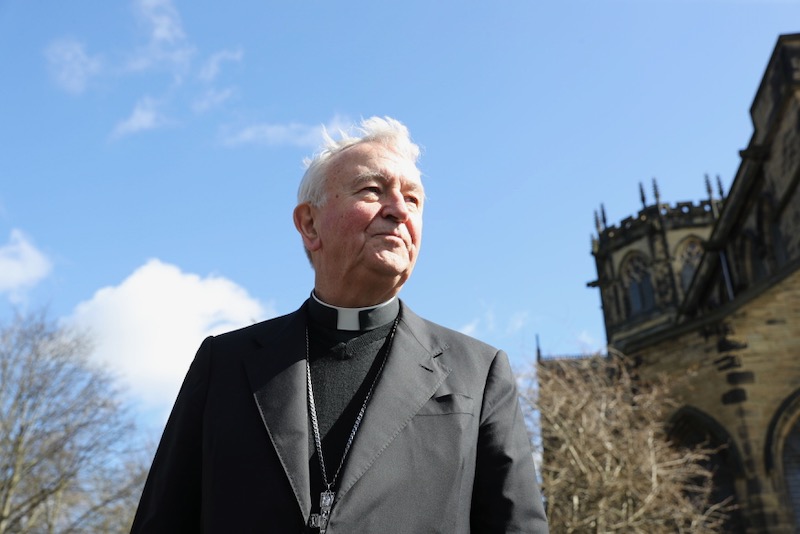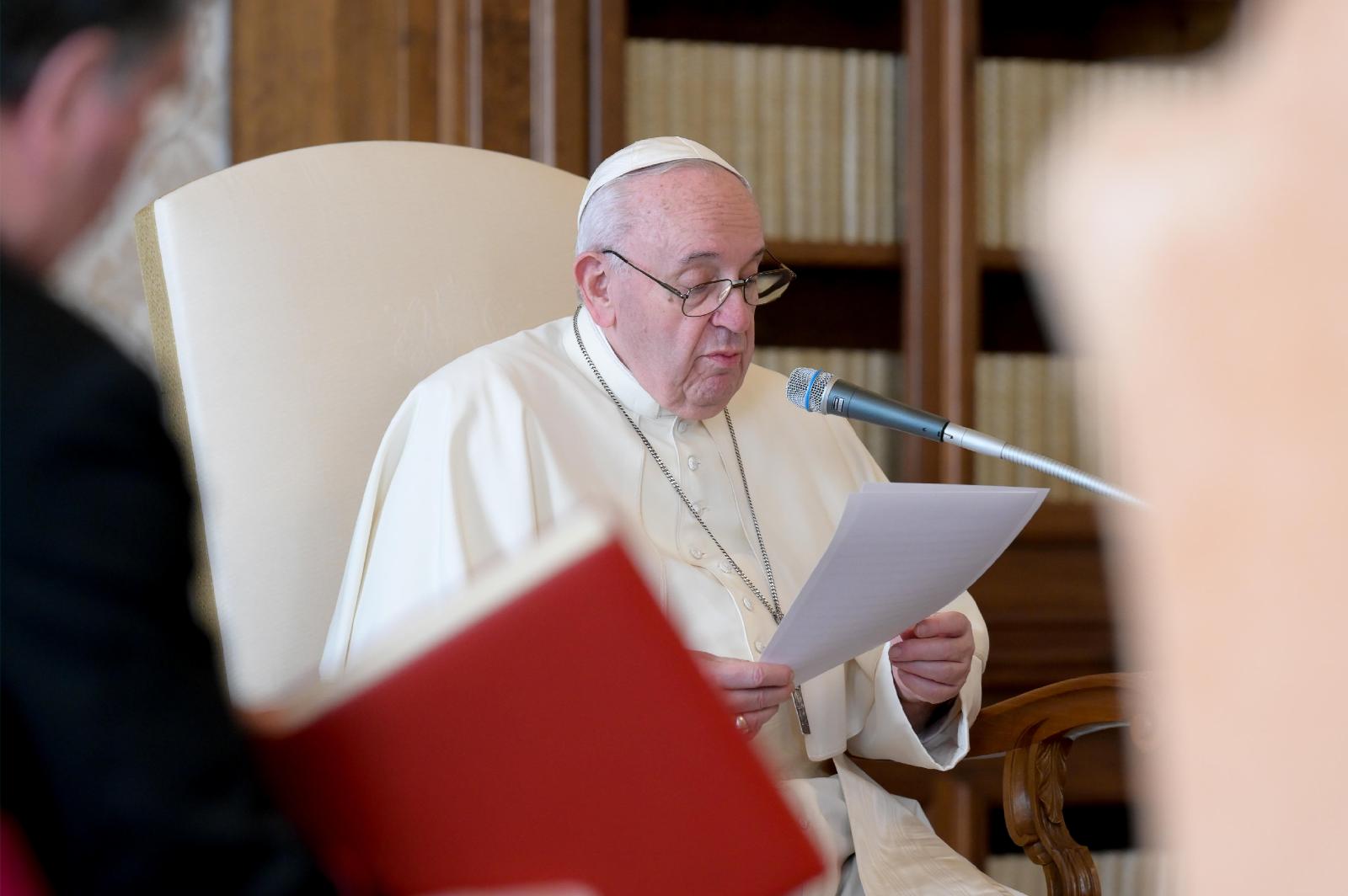“It was more than strange. It was abnormal. I almost dropped the casserole dish I was holding in my hands,” she explained.
Mother 1 would later write anonymously to each cardinal in the United States and the papal ambassador to Washington DC about McCarrick.
“I wrote those letters feeling pure anger. I was enraged. That is exactly what I felt.” she said.
The report explained: “She recalled that she ‘used the word children’ and mentioned something about 13- or 14-year-old boys.” Mother 1 stated that she was trying to explain that McCarrick had an attraction to boys.”
The McCarrick inquiry, however, was unable to locate “originals or copies of the letters” in any Church archive in the US or in the Holy See. The report also found that other anonymous allegations were levelled against McCarrick, but were never followed up.
Following the McCarrick report's publication, Fr Hans Zollner, the Church's leading child protection expert, praised those who reported McCarrick's abuse.
“Without the courage and determination of victims, the report would not have come about,” he told The Tablet. “In my eyes, this is an attempt by the Holy See to acknowledge and remedy the dismay and distrust many in the US Church have felt due to the McCarrick case.”
He added: “It is also an implementation of the principles of transparency and accountability from the February 2019 summit. The report is an unprecedented step but I can't imagine it will be the last.”
Meanwhile, the McCarrick report has put pressure on Archbishop Carlo Maria Viganò, the former papal diplomat who called on the Pope to resign over McCarrick. In an explosive 2018 dossier, Viganò accused Francis of ignoring sanctions placed on McCarrick by Benedict XVI due to allegations of sexual misconduct. Viganò wrote that “from the time of Pope Francis...McCarrick was free from all constraints”.
But the new report publishes a letter from Viganò in 2012, before Francis’ election, describing the sanctions on McCarrick as a “dead letter”. Although Benedict XVI had asked McCarrick to maintain a low profile and reduce his travel, the US Churchman ignored the directive.
Furthermore, the report also finds that Viganò ignored Vatican instructions to investigate a sexual misconduct allegation made by “Priest 3”. The former diplomat – who was then the Holy See's ambassador to Washington DC – did nothing to investigate the allegation which Priest 3 said left him feeling “disappointed”, and that Viganò was not paying attention to the problem.
Priest 3 explained: “I was always waiting and thinking that [Viganò] was going to contact me. But he never contacted me. I had written the letter so I knew that I had provided him the information. But he never contacted me back. I felt that he should have responded to me because I explained that I had been mistreated.”
Professor Kurt Martens, a Canon Lawyer at the Catholic University of America, says that Viganò could now face disciplinary action. This could be done, he said, by using the 2019 law, Vos Estis Lux Mundi, which sets out how bishops can be investigated for cover-ups of abuse cases.



 Loading ...
Loading ...